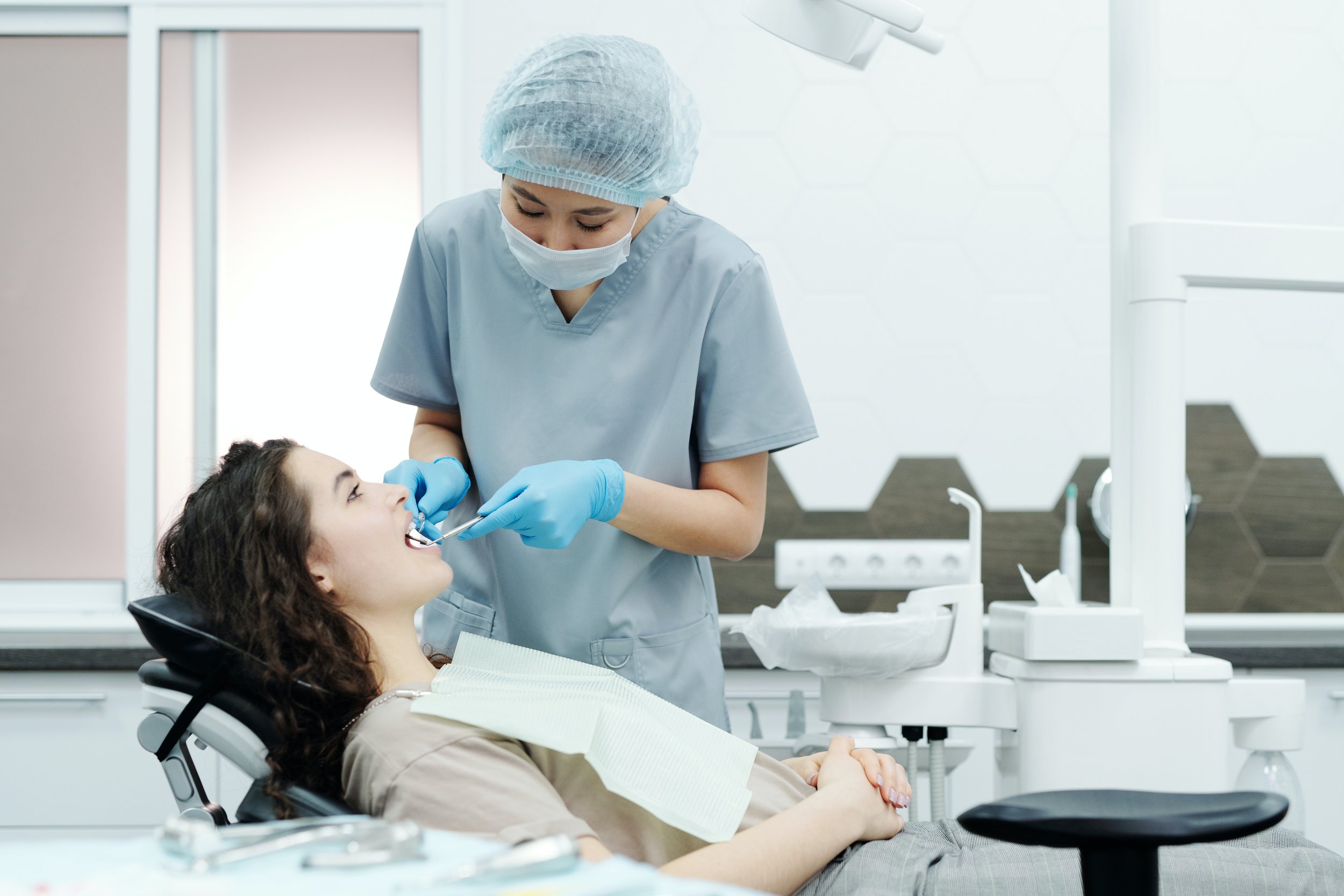Thumb sucking is commonly found in children. However, if it goes longer than normal, it becomes a cause of worry for the parents. Being a concerned parent, you can take a few steps to prevent the thumb-sucking habit of your child. We will put light on those aspects. Meanwhile, you can search “Invisalign tx,” “thumb sucking habit,” or “thumb sucking treatment” to know more.
First Things First, Does Thumb-Sucking Really Damage Their Teeth?
Many parents are of the notion that thumb sucking can bring damaging results to the teeth of the children. But this is not always the case. For instance – holding the thumb in the mouth passively is not at all bad. However, if your kid makes a lot of motion while thumb sucking, their primary teeth are in danger. This problem usually goes away once the permanent teeth start coming.
But if your child is persistent and does vigorous thumb sucking, it may also lead to misalignment of the permanent teeth. You can search “dental implants near me” to find the solution to the misalignment and to find the best dentist near you. Moreover, thumb-sucking can negatively affect the jaw or shape of the mouth. It can also result in exposing your children to bacteria and viruses.
What Are The Risks Of Thumb Sucking?
Vigorous thumb sucking may lead to –
Overbite
Bite issues like the top and bottom teeth are finding it difficult to meet after closing the mouth, or bottom teeth going inward towards the backside of the mouth.
Affects the jaw shape, alignment of the teeth, and speaking abilities.
These issues are easy to handle if the habit of thumb sucking goes away by the time permanent teeth are in. But if your child continues to bite their teeth, you may need to consult a dentist.
What To Do If You Notice Bite Issues In Their Teeth?
Start taking your child to the dentist for regular dental visits by the time they are one year of age. If you find any damage to their teeth later on, you can always rely on the pediatric dentist to talk about the same. Permanent teeth start coming once the child is six years of age. But they might face some issues in their mouth before that time. So, it is always good to consult a dentist timely.
What’s Normal?
When the child is small, it is totally normal for them to suck their thumbs with regard to their age and the intensity of the habit. Furthermore, a growing child puts the object and fingers in their mouth to explore and understand the world. It is found that children often get rid of this behavior themselves by the age of 4. But if it continues for a long period, your child may experience palate issues, speech problems, or a misaligned bite.
So, How To Prevent Them From Doing So?
Find out thumb sucking triggers – Some children suck their thumbs when they are bored, tired, or hungry. If you are noticing these triggers, try to find out the cause of their tiredness or anxiety so that you can address them. You can try engaging them in the activities for which they have to use their hands, like playing catch or making drawings.
Gentle reminders – If your child is unaware of their thumb-sucking habit, you can gently remind them to stop. You can do this every time your child puts a thumb in their mouth. But it only works if your child really wants to stop the habit of thumb sucking.
A pediatric dentist may help – A pediatric dentist may talk to your child and inform them about the damage your children might be doing to their teeth.
Orthodontic device – Orthodontic devices come in removable and non-removable forms to help children keep their thumb-sucking habits at bay. A dentist will help determine the suitable device for your child.
Thumb sucking versus pacifiers – Many parents think of getting a pacifier for their child to replace their thumb-sucking habit. If you are doing the same, you are doing more harm than good to your child. Pacifiers also have the same ability as thumb sucking to damage their teeth. Additionally, pacifiers can also fall to the ground, making them filled with germs. So, it is best not to give your children a pacifier and take other necessary steps to stop their thumb-sucking habit.
To Sum It Up
Thumb sucking is common in all children. In fact, it begins before birth. It typically goes away on its own. But it can sometimes damage the teeth of your children, especially if they are more than four years old. So, start taking steps to reduce their habit of thumb-sucking and inculcate healthy oral hygiene habits in them. Besides, never forget to take your child to the pediatric dentist after the age of one for regular dental checkups. It will not only help keep your children’s thumb-sucking habit at bay, but they will also learn to maintain their mouth and teeth in a healthy manner.






